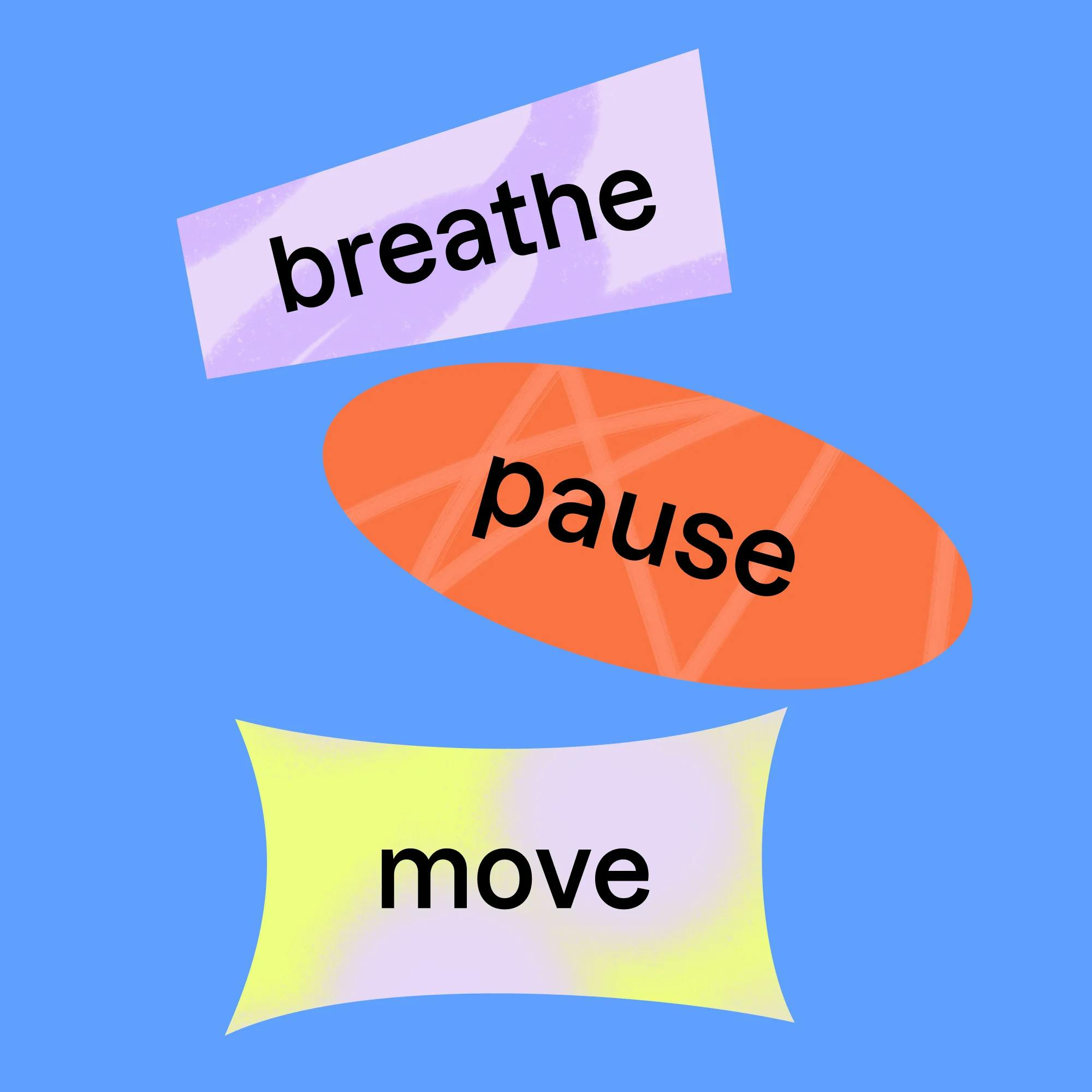It’s not uncommon for people with ADHD to have a speech or language disorder. That includes problems with fluency, also known as stuttering. However, stuttering does not mean a person has ADHD. And the reverse is also true–many people with ADHD don’t have a stutter.
Let’s look at what the research says about ADHD and stuttering, along with how speech therapy can help. We’ll start with quick overviews of ADHD and stuttering. They are separate conditions that must be diagnosed by different professionals.


What is ADHD?
ADHD, or attention deficit hyperactivity disorder, is a neurodevelopmental condition. Some symptoms of ADHD include:
Difficulty focusing on a specific task
Forgetfulness or problems with memory
Acting without thinking
Impatience or trouble waiting their turn
Struggling with impulse control
High amount of energy or activity
Interrupting or speaking at inappropriate times
Trouble following instructions
Fidgeting or squirming when seated
It’s important to note that ADHD also comes with strengths. People with ADHD report that qualities like these can help them at school, at work, or socially: hyperfocus, resilience, creativity, high energy, and spontaneity and adventurousness.
In order for a child to be diagnosed with ADHD, symptoms of ADHD should be seen in two or more environments, such as in school, at home, and out in the community.


What is stuttering?
Now let’s take a brief look at stuttering. Stuttering, also known as stammering, is a disruption to the smoothness, or fluency, of a person’s speech. A person who stutters may repeat words, stretch out a sound longer than needed, or have difficulty getting sounds and words out.
There are many aspects of stuttering and different ways it can appear in a person’s speech. However, three types of stuttering are most common. These are also referred to as disfluencies. Here are the three types of stuttering:
1 Repetitions
Repetitions are when a person repeats the first sound or syllable of a word at least three times more than is needed. It may sound like this: “I w-w-w-want a snack” or “I, I, I, I, I want a snack.”
2 Prolongations
Prolongations are when a person holds out a sound for too long, to where the speech sounds abnormal. It may sound like: “Ssssssssee the truck?” or “Wwwwwwhere’s the dog?”
3 Blocks
Blocks are when a person is unable to move their mouth and use their voice to continue speaking. No voice or sound comes out during a block. Here’s an example of a block: “I am…………………..so tired.”
You can hear what all these disfluencies sound like in this video.


The link between stuttering and ADHD
Now let's talk about how these two diagnoses could be related. First of all, it’s estimated that around 45% of kids with ADHD have some kind of speech and language impairment, which includes stuttering.
Take a look at this statistic reported on by Medical News Today. Approximately 3% to 6% of school-aged children have ADHD. But out of kids who stutter, about 4% to 26% have ADHD.
These [ADHD-related] language-based issues … often result in a speech pattern with excessive disfluencies, including filled pauses (i.e., uh or um) and repetition of a word or string of words.
A study that looked at the traits of ADHD in children who stutter reported the following: "This complex relationship between the core symptoms of ADHD and neurocognitive functioning has been shown to contribute to difficulties with the efficient production of language. These language-based issues can include excessive language production, poor topic maintenance, and difficulty with sequencing and organization. These issues often result in a speech pattern with excessive disfluencies, including filled pauses (i.e., uh or um), repetition of a word or string of words, and repairs where the speaker stops and starts the intended message over.”
It’s believed that people with ADHD may have a smaller Broca’s area in the brain. This area of the brain is related to how we put our ideas into words and physically produce speech. This brain difference may contribute to a connection between ADHD and stuttering.

How can speech therapy help with ADHD and stuttering?
Speech therapy can help children and adults manage their stutter and speak with greater ease. Therapy also focuses on counseling to build the person’s sense of empowerment and confidence.
During therapy sessions, your speech therapist may teach your child different strategies and techniques to speak with less tension and more ease. If you’re an adult who stutters and you’ve had speech therapy in the past, you may revisit techniques you’ve already tried. It’s important to note that speech therapy isn’t one size fits all. Some techniques will work, and others may not, but don’t get discouraged. Your speech therapist will partner with you or your child to find the right fit.
Speech therapy can help people find their voice in different ways. And therapy goals for stuttering may not always include learning techniques to speak smoothly. Goals should be meaningful for the person in therapy. The focus may be more on changing your beliefs and emotions about stuttering and learning to advocate for yourself or your child.


Speech therapy considerations for children with ADHD
If your child has ADHD and is in speech therapy, they may need more breaks or opportunities to get up and move around. Your child’s speech therapist works with people with all sorts of needs. So if your child needs sessions that are more play-based or involve more movement, that’s OK! Not only will breaks support their attention, but a relaxed session will help your child stay motivated. The more motivated they are to participate, the more progress they’ll make!
How Expressable Can Help
Concerned your child isn't reaching age-expected milestones? Looking for communication support from a professional? Expressable is a national online speech therapy practice serving children and adults. We treat all major areas of communication and feeding, offer flexible hours including evenings and weekends, and accept most major health insurance plans. We’re proud to have earned more than 3,000 5-star reviews from our clients (4.9/5 average).
Our therapy model is centered on parent and caregiver involvement. Research proves that empowering caregivers to participate in their loved one’s therapy leads to better outcomes. That’s why we combine live, 1-on-1 speech therapy with personalized education and home practice activities for faster progress.
Communication is more than words. It’s how we share how we feel and show who we are. We’re here to help you or your child do just that.
 Abby Barnes, M.S., CCC-SLP
Abby Barnes, M.S., CCC-SLP










